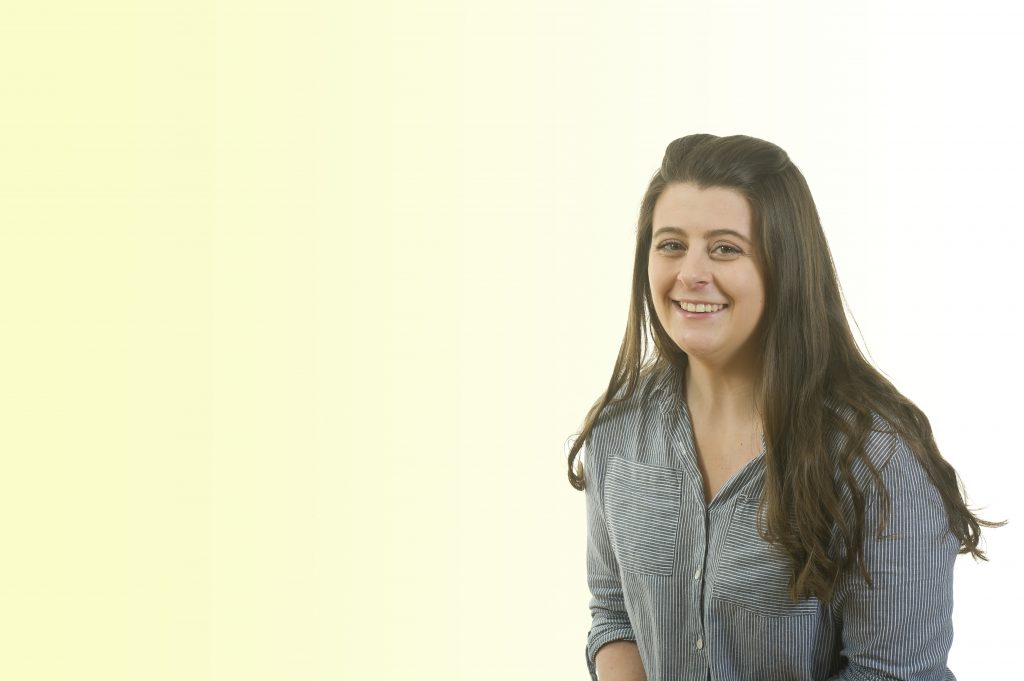Sophie Metcalf, a postgraduate student studying an MSc in Environmental Consultancy, writes about her experiences so far with industry and what she has gained from guest lectures and site visits offered by Newcastle University.
Experience and knowledge of industry is important when studying Geoscience. For many of us, the end goal is to get a job. Therefore, it is important to hear from the horse’s mouth about what techniques are currently being used, how academic research is being applied to those techniques and what the geosciences job sector is currently looking like. What better way to hear this and apply it to our studies than guest lectures and site visits?
Not only is it important to get an insight into industry, guest lectures and site visits also enrich the learning experience and mean that as MSc students, we get a perspective different to the usual academic one. Here at Newcastle University we have excellent industry links and balance the content of the courses between academia and industry well.
Guest Lectures:
During my first semester here, I have sat through many guest lectures from industry experts. These have given our classes an alternative view to some of the theories and content we have covered in class. For example, as part of the Solid Waste Management module Forbes McDougall (Head of Circular Economy at Veolia UK) lectured on the Circular Economy and his experiences in the Solid Waste Management sector. This provided valuable insight that you couldn’t get from standard lectures alone.
Site Visits:
So far during my first semester here, I have had the opportunity to participate in quite a few site visits/field trips. From identifying geological features along the Northumberland coastline, visiting geotechnical soil testing labs and to sampling waters at acid mine water remediation sites. These have been opportunities to apply knowledge and concepts covered in lectures to industry and real world examples. In particular, the visit to Acomb mine water remediation site, not only gave the class the opportunity to sample and analyse treated waters. The trip was also an opportunity to see the application of leading research undertaken within the department.

